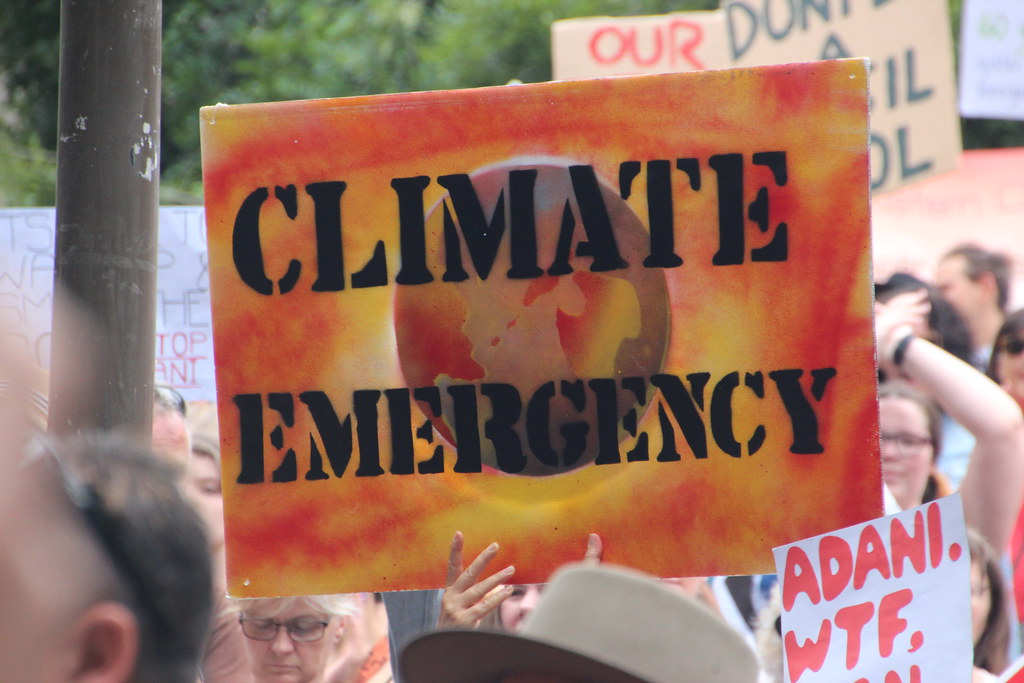STEM
Climate Change
Sustainability
Nature
Edward Hessler
--When we try to pick out anything by itself, we find it hitched to everything else in the Universe.--John Muir
--When we try to pick out anything by itself, we find it hitched to everything else in the Universe.--John Muir
A BioScience Viewpoint titled "World Scientists' Warning of a Climate Emergency" was published on November 5, 2019 by William Ripple, Christopher Wolf, Thomas Newsome, Phoebe Barnard, William Moomaw and 11,258 scientist signatories from 153 countries. They represent the Alliance of World Scientists.
The authors begin by noting that "Scientists have a moral obligation to clearly warn humanity of any catastrophic threat and to 'tell it like it is.' On the basis of this obligation and the graphical indicators presented below we declare ... clearly and unequivocally that planet Earth is facing a climate emergency."
The authors call attention to a fact about most public discussions of climate change. They are "based on global surface temperature only." That measure alone is not enough to "capture the breadth of human activities" as well as the dangers to the planet. The authors present a series of vital signs of climate change over the last 40 years (15 graphs) that can affect Greenhouse Gas (GHG) emissions" and graphs of "actual climatic impacts (14 graphs)." The graphs are based on "relevant data sets that ..." have been "systematically collected for at least the last 5 years, and updated at least annually." graphically "over.
The authors list "six critical and interrelated steps (in no particular order) that governments, businesses, and the rest of us can taken to lessen the worst effects of climate change."
Energy. This includes energy efficiency, conservation and replacing fossil fuels with low-carbon renewables.
Short-Lived Pollutants. These include methane, soot (black carbon), and hydrofluorocarbons (HFCs).
Nature. Protection and restoration of the planet's ecosystems.
Food. I use a well known phrase of Michael Pollen to characterize the recommendation. "Eat food, not too much, mostly plants."
Economy. The curtailment of "excessive extraction of materials and overexploitation of ecosystems--a shift in emphasis on GDP growth to sustainable development.
Population. Stabilization and gradual reduction of the number of humans.
The paper is short, readable and the graphs are generally reasonable-- can certainly be grasped without knowing the full details. One of the things I like about this paper is the emphasis on how interconnected the natural world is.

 CGEE Student Voice
CGEE Student Voice
No comments:
Post a Comment